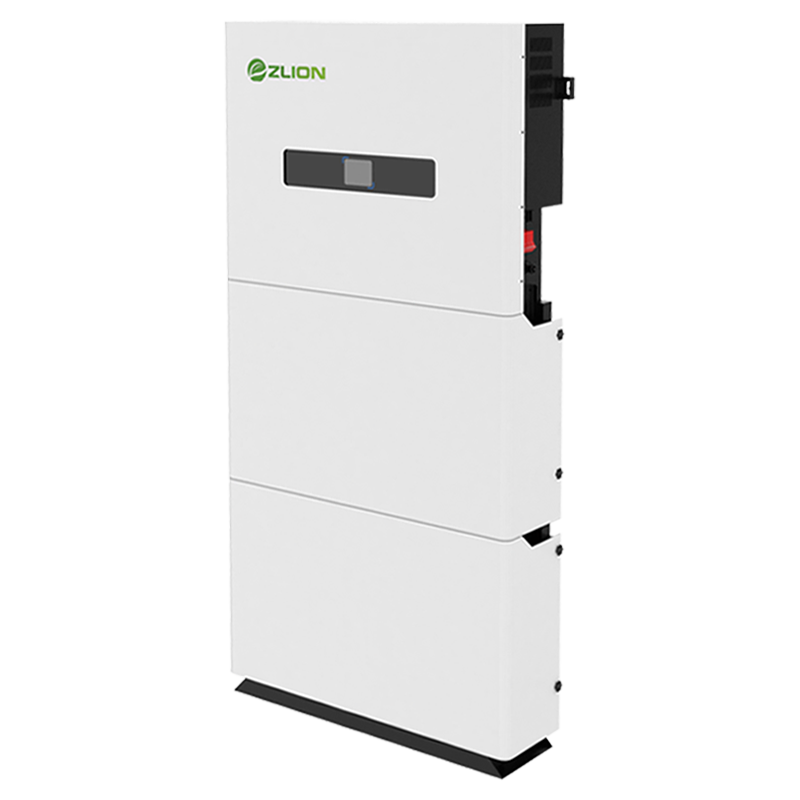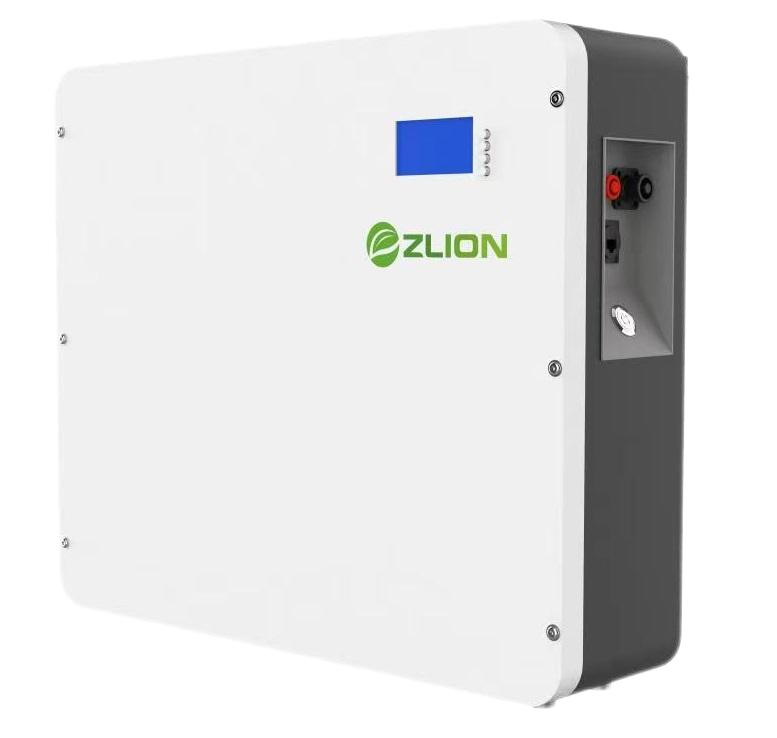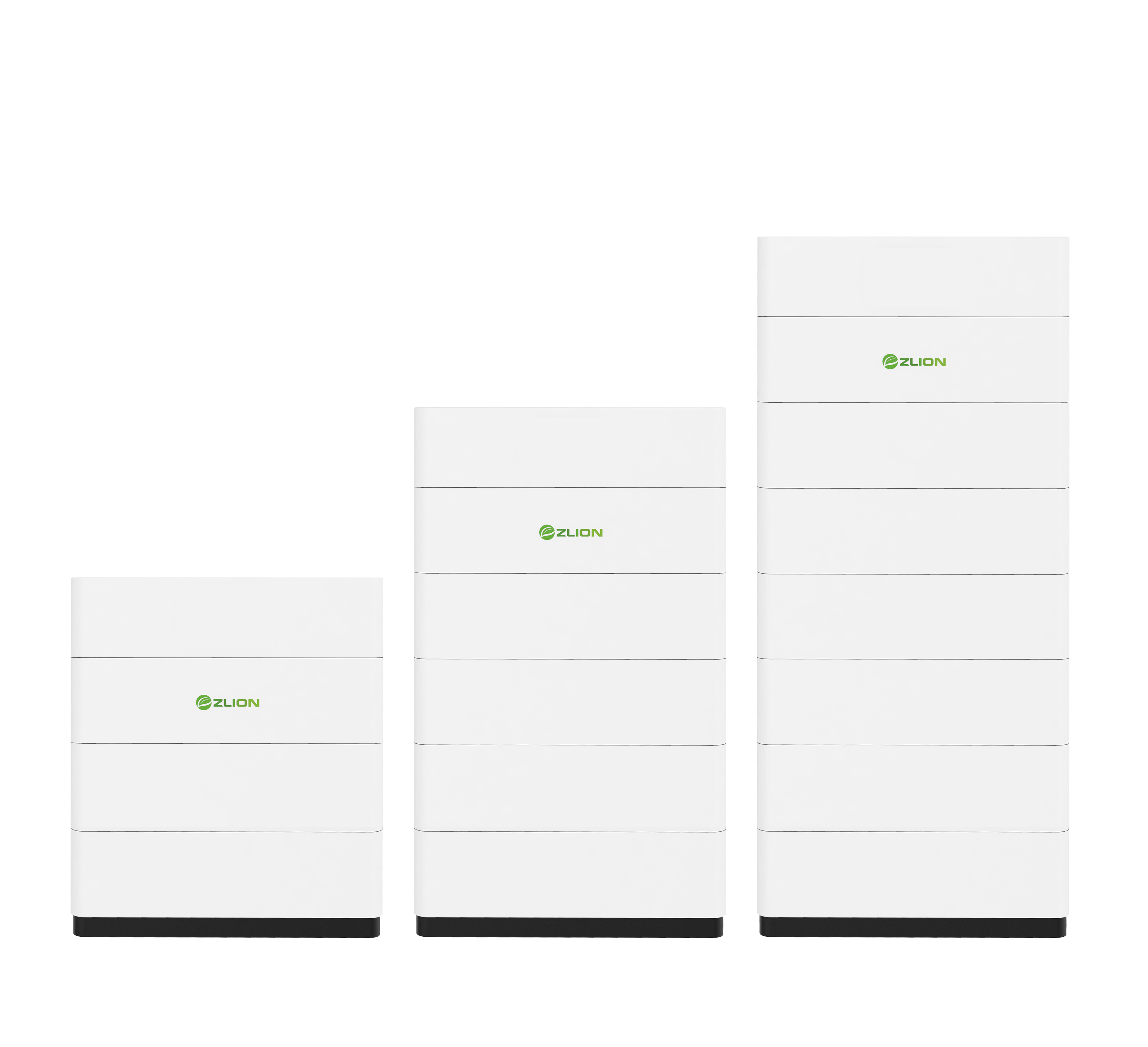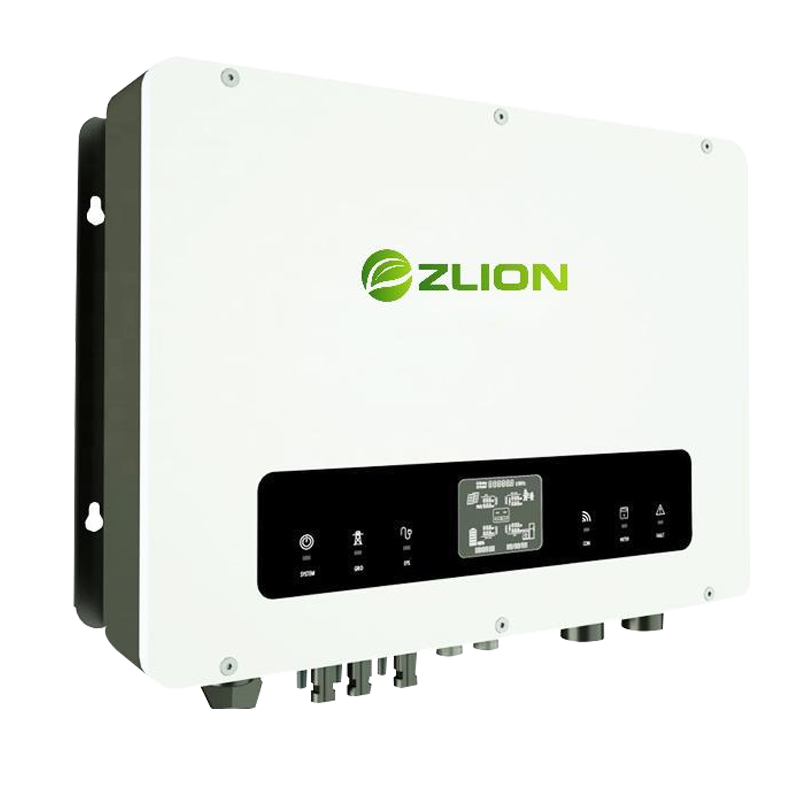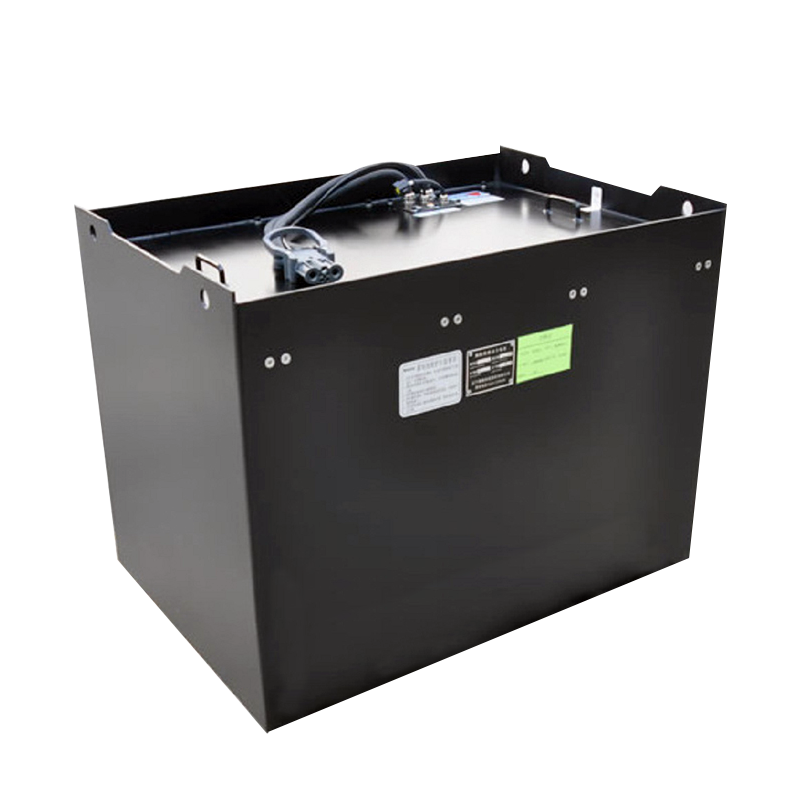In a recent study published in the journal Advanced Functional Materials on the 29th, researchers at Rice University in the United States described a fast, efficient and environmentally friendly method for selective lithium recovery using microwave radiation and easily biodegradable solvents. The results showed that the new process can recover up to 50% of the lithium in the cathode of spent lithium-ion batteries (LIBs) in just 30 seconds, breaking through a major bottleneck in LIB recycling technology.
At present, lithium, a silvery-white metal, is in great demand and faces a situation of insufficient supply.
Traditional methods of recovering lithium from waste batteries pollute the environment and are extremely inefficient. This is mainly due to the contamination and loss of lithium during the recovery process, and the high energy consumption of the recovery process. Since lithium usually precipitates after other metals, researchers are trying to find a recovery method specifically for lithium.
This time, the researchers used a mixture of choline chloride and ethylene glycol as a deep eutectic solvent (DES). They have previously found that during the DES leaching process, lithium is surrounded by chloride ions in choline chloride and leached into the solution.
In order to leach other metals such as cobalt or nickel, both choline chloride and ethylene glycol must be involved in the process. Of the two substances, only choline chloride was good at absorbing microwaves, so the researchers immersed the battery waste in a solvent and irradiated it with microwaves, which enabled them to selectively leach lithium from other metals.
Using microwave radiation for this process is similar to how a kitchen microwave quickly heats food. The energy is delivered directly to the molecules, making the reaction much faster than traditional heating methods.
Using the microwave process, the researchers found that it took 15 minutes to leach 87% of the lithium, while it took 12 hours to achieve the same recovery rate through oil bath heating. This breakthrough method could greatly improve the economics and environmental impact of lithium-ion battery recycling, providing a sustainable new solution to a growing global problem.

